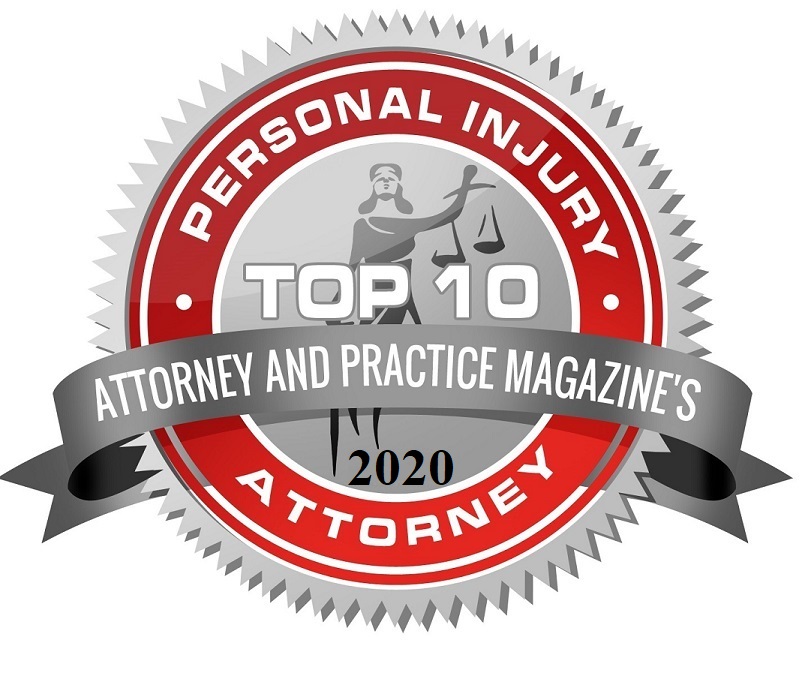In the aftermath of a car accident, many individuals find themselves overwhelmed with the immediate consequences, from dealing with physical injuries to handling the emotional and financial repercussions. One crucial element that often plays a pivotal role in car accident claims is the police report.
This document, prepared by the responding officer, serves as an official record of the incident and can significantly impact the outcome of any ensuing claims or legal proceedings. Understanding the importance of police reports and how they influence car accident claims is essential for anyone involved in such an incident.
The Importance of Police Reports
When a car accident occurs, it is common practice for the involved parties to call law enforcement to the scene. The police report that is generated as a result of this call provides a comprehensive account of the accident. It typically includes detailed information about the vehicles involved, the drivers, any passengers, and witnesses. The report also contains the officer’s observations and conclusions, which can include statements from those involved, a diagram of the accident scene, and any citations issued.
This official documentation is invaluable for several reasons. First, it serves as a neutral third-party account of the accident. Since the police officer is not involved in the accident, their report is considered unbiased and objective. This can be particularly important in cases where there is a dispute over what happened. The police report can provide clarity and help to resolve conflicting accounts.
Furthermore, insurance companies often rely heavily on police reports when determining fault and processing claims. The information contained in the report can influence the insurer’s decision on liability, which in turn affects the compensation that the involved parties may receive. Without a police report, the claims process can become more complicated, and it may be more challenging to prove fault and secure a fair settlement.
Components of a Police Report
A typical police report is comprehensive and detailed, providing a thorough account of the accident. It generally includes several key components that can be crucial for car accident claims. These components include the date, time, and location of the accident, which establish the context of the incident. The report also identifies the vehicles involved, including make, model, and license plate numbers, as well as the names and contact information of the drivers and any passengers.
Additionally, the police report contains the statements of the drivers, passengers, and any witnesses. These statements can provide valuable insights into what happened before, during, and after the accident. The officer’s observations, such as weather conditions, road conditions, and any visible damage to the vehicles, are also documented.
The diagram of the accident scene is a critical component of the report. This visual representation can help to clarify the positions of the vehicles and other important details, such as traffic signals, road markings, and skid marks. The report may also include the officer’s assessment of fault and any citations issued for traffic violations.






Influence on Insurance Claims
Insurance companies place significant weight on police reports when processing car accident claims. The report provides a factual basis for the insurer to assess the circumstances of the accident and determine liability. In many cases, the insurance adjuster will review the police report to verify the details provided by the involved parties and to identify any discrepancies.
The officer’s assessment of fault, if included in the report, can be particularly influential. Insurance companies often use this information to decide which driver is responsible for the accident. This determination can impact the amount of compensation that is awarded to each party. For example, if the police report indicates that one driver was cited for running a red light, the insurance company may use this information to assign fault to that driver and deny or reduce their claim.
The police report can also affect the negotiation process with the insurance company. If the report supports your version of events, it can strengthen your position and increase the likelihood of a favorable settlement. Conversely, if the report contradicts your account, it may be more challenging to negotiate a fair settlement, and you may need to provide additional evidence to support your claim.
Legal Proceedings and Police Reports
In addition to influencing insurance claims, police reports can also play a critical role in any legal proceedings that arise from a car accident. If the parties involved are unable to reach a settlement with the insurance company, they may decide to pursue a lawsuit. In such cases, the police report becomes an essential piece of evidence.
During a trial, both parties can present the police report to support their arguments. The report’s detailed account of the accident, along with the officer’s observations and conclusions, can help to establish the facts of the case. The judge or jury will consider the report along with other evidence, such as witness testimony and opinions, to determine liability and award damages.
It is important to note that while police reports are generally considered credible, they are not infallible. The officer’s conclusions may be challenged, and the report may be subject to scrutiny. If there are inaccuracies or inconsistencies in the report, they can be addressed through cross-examination or by presenting additional evidence. However, having a police report that supports your case can significantly enhance your chances of a successful outcome in court.
Choosing The Right Personal Injury Attorney Personal Injury Settlement TimelineRelated Videos
Obtaining a Police Report
Given the importance of police reports in car accident claims, it is crucial to obtain a copy of the report as soon as possible after the accident. In most jurisdictions, you can request a copy from the law enforcement agency that responded to the scene. There may be a small fee for obtaining the report, but the investment is well worth it considering the potential impact on your claim.
When requesting the report, you will need to provide specific information, such as the date and location of the accident and the names of the drivers involved. It is also helpful to have the report number, which is usually provided by the responding officer at the scene. Once you have obtained the report, review it carefully to ensure that all the information is accurate and complete. If you notice any errors or omissions, contact the law enforcement agency to request a correction.
Steps to Take After a Car Accident
In the immediate aftermath of a car accident, there are several steps you should take to ensure that you have the necessary documentation and evidence to support your claim. First and foremost, ensure the safety of everyone involved. If anyone is injured, call for medical assistance immediately. Once you have ensured that everyone is safe, contact law enforcement to report the accident and request that an officer come to the scene.
While waiting for the police to arrive, exchange contact and insurance information with the other driver. It is also helpful to take photos of the accident scene, including the vehicles, any visible damage, and any relevant road conditions or traffic signals. If there are witnesses, ask for their contact information as well, as their statements may be valuable for your claim.
When the police officer arrives, provide a clear and accurate account of what happened. Be honest and avoid speculating or making assumptions. The officer will use your statement, along with other evidence, to prepare the police report. Before the officer leaves, ask for the report number and contact information so that you can obtain a copy of the report later.
Challenges and Considerations
While police reports are an essential tool for car accident claims, there are some challenges and considerations to keep in mind. In some cases, the responding officer may not be able to determine fault or may not issue any citations. This can happen if the evidence is not clear or if the accident is a minor fender-bender with no injuries. In such situations, the police report may not provide as much support for your claim, and you may need to rely on other evidence, such as witness statements and photographs.
Additionally, the accuracy of the police report is crucial. If the report contains errors or omissions, it can complicate your claim and potentially impact the outcome. It is essential to review the report carefully and address any discrepancies as soon as possible. If necessary, you can request a correction or supplement the report with additional evidence.
Finally, it is important to remember that police reports are just one piece of the puzzle. While they are highly influential, they are not the only factor that insurance companies and courts consider when determining liability and awarding damages. Other evidence, such as medical records, repair estimates, and testimony from accident reconstruction specialists, can also play a critical role in supporting your claim.
The Importance of Legal Representation
Navigating the complexities of car accident claims and the role of police reports can be challenging, particularly if you are dealing with injuries and other consequences of the accident. Having experienced legal representation can make a significant difference in the outcome of your claim. An attorney can help you obtain and review the police report, gather additional evidence, and negotiate with the insurance company on your behalf.
If your case goes to court, an attorney can represent you and present a compelling argument based on the evidence, including the police report. Legal representation can help to ensure that your rights are protected and that you receive the compensation you deserve.
Contact Serrano Law Today
If you have been involved in a car accident and need assistance with your claim, contact Serrano Law. Our experienced attorneys are here to help you navigate the process and ensure that you receive the compensation you deserve. We understand the importance of police reports and will work diligently to gather the necessary evidence to support your case. Contact us today for a consultation and let us help you get the justice you deserve.


